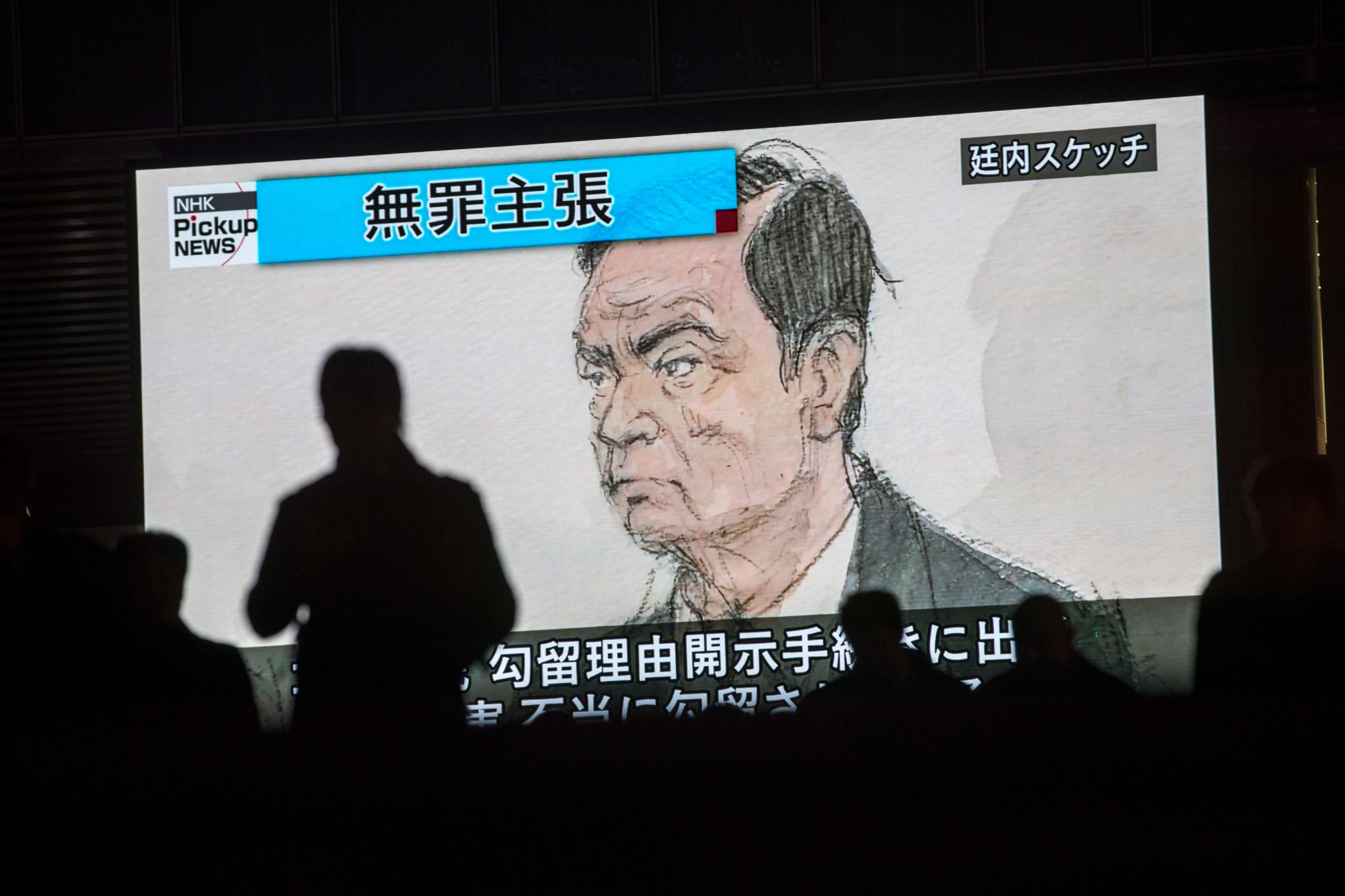The high-profile arrest of Carlos Ghosn has shone a light on Japan's long overlooked "hostage justice" system, in which criminal suspects are held for long periods in harsh conditions to coerce a confession. Ghosn, fired as chairman of Nissan and Mitsubishi Motors after his Nov. 19 arrest on allegations of financial misconduct (but still CEO of Renault), was originally detained for 21 days — and then, to keep him in custody beyond the legal maximum, has been rearrested on other charges.
Ghosn has been refused bail, has not been allowed to have lawyers present under questioning and has been unable to meet with his family since his arrest.
Many Japanese welcomed the new year with soba noodles, mandarin oranges, a heated kotatsu table and green tea. But Ghosn, like other criminal suspects in Japan, spent the time in a small, cold, tatami-floored cell with only occasional opportunities for bathing and limited exercise.



















With your current subscription plan you can comment on stories. However, before writing your first comment, please create a display name in the Profile section of your subscriber account page.